What makes great design? Why did design seem to take such a wrong turn in the ’80s and ’90s? What has prompted a partial resurgence of “great” design in recent years? And why am I asking all of these highly subjective questions?
My fascination with design first took hold in the early ’80s, and was largely attributable (along with my love of technology) to my experiences with the Atari 2600. I became obsessed with package design and logos, and I also became obsessed with the art of low-resolution, pixilated on-screen graphics.
My interest in “current” video games tapered off as the ’90s wore on, especially when the 3D polygon-based era began. All the new games just seemed ugly and stupid, even though, in an obvious way, they were more complex and more graphically detailed than the Atari games I loved as a child. Simultaneously, my fascination with logos and package design waned as both seemed to just get more obnoxious and overloaded with swooshes and swirls and gradients and shadows and beveled edges and all of the other excesses technological advances made possible.
I’ve wondered for a while what it was about blocky, bitmapped video game graphics that I found so aesthetically appealing. And, in much the same way, what it was about package design from the ’50s, ’60s and ’70s that just seemed so right to me, even though they were a lot simpler, and made using much cruder technology, than what was happening in the “now.”
Finally, I realized it was limitations that were the key to the great designs I admired so much. The designers were up against strict limits to what was possible. Mastering these earlier, more difficult techniques required years of practice and experience. And butting up against those limits to produce something of quality required real creativity. This realization led me to the axiom:
Great design happens when designers’ creativity exceeds the limitations of the technologies they use.
Once I understood this, suddenly it made sense to me why so many of the low-budget shareware games I’d seen for the Mac over the years looked and felt like crap to me, even though on a surface level they were clearly more advanced than those old Atari games: it’s easy to create a game on a modern computer, using modern graphics software and object-oriented programming languages. You don’t have to have any particular skill or knowledge to do so. But, because it’s so easy to do passably, it’s much harder to do really well.

Pitfall! and Super Mario 64: Yes, strangely, I really do prefer the one on the left.
Atari 2600 programmers needed an immense amount of knowledge of the intricacies of the system, and the tricks to exploit its extremely limited, but quirky, technical capabilities. You didn’t get into programming games for the Atari 2600 unless you knew what you were doing. Well, OK… there was plenty of shovelware in the system’s later years, but the ratio of good to crap was much higher among the 700 or so games released during that system’s lifetime than it is for the tens of thousands of mostly worthless games currently available for the iPhone.
So then, what is it that has caused — to some extent — “great” design to re-emerge in recent years, even as technology has advanced even faster than before? I suspect it’s due to a reawakening among designers to the merits of the earlier ways of doing things. Letterpress, for instance, has experienced a massive resurgence of popularity lately. “Retro” design is popping up everywhere. Perhaps it’s just that the hipsters are taking over the world, but I think this renewed awareness of what made mid-century design so great has led to designers re-imposing those limitations on themselves. Technology has advanced far enough now that there’s almost nothing that can’t be done, including recreating the limitations of earlier analog technologies in the digital realm. Think of things like Hipstamatic for the iPhone: it takes your iPhone’s digital photos and makes them look like something from an old point-and-shoot camera from the ’60s. Or look at the background design on Web Designer Wall, a visual style that saw a surge in popularity about a year ago but that’s inspired by watercolor and ink techniques that were especially popular in the ’60s. Or look at video games like The Legend of Zelda: Wind Waker (among others) that brought a cel-shaded animation style to 3D polygon-based video game design.
These are just a few examples off the top of my head of modern designers imposing limitations on themselves to inspire their designs, now that technology no longer forces those limits directly. If you can do anything, it’s hard to do anything well. It’s too easy to get lazy or to simply lack direction and focus. In the past, technological barriers forced designers to focus. Now, they have to do it for themselves. Fortunately, that’s starting to happen.
 Yes, I should inaugurate this new feature with a profound, witty, or at least marginally purposeful post. Alas, I might as well just say “Hello world!”
Yes, I should inaugurate this new feature with a profound, witty, or at least marginally purposeful post. Alas, I might as well just say “Hello world!”

